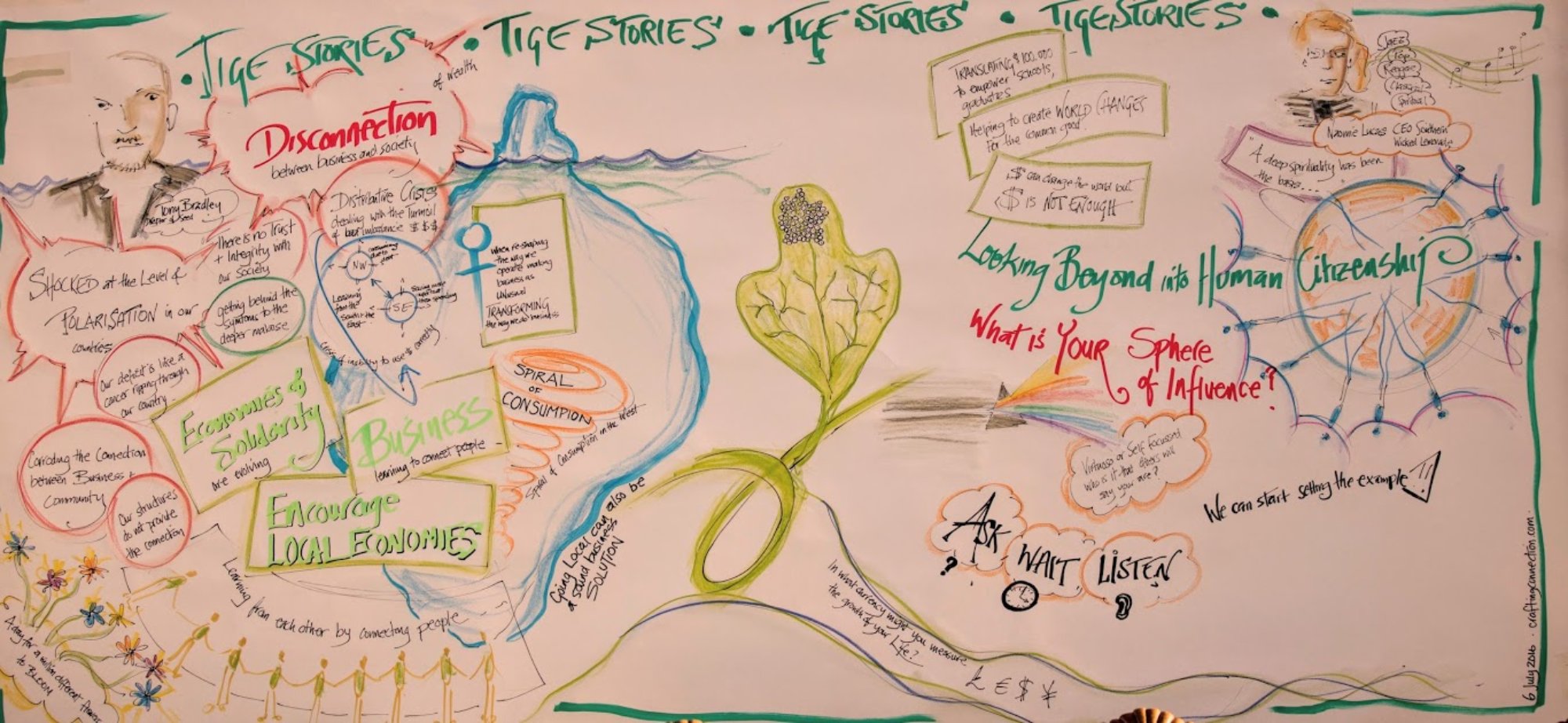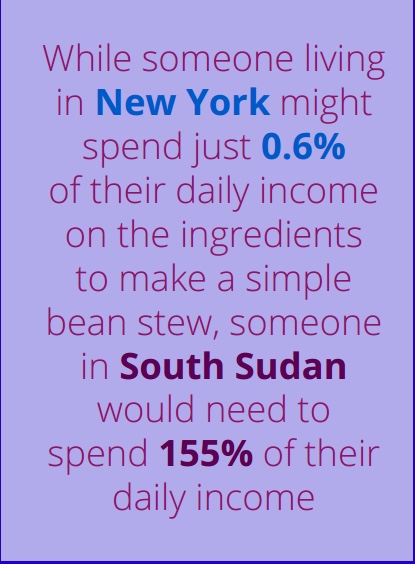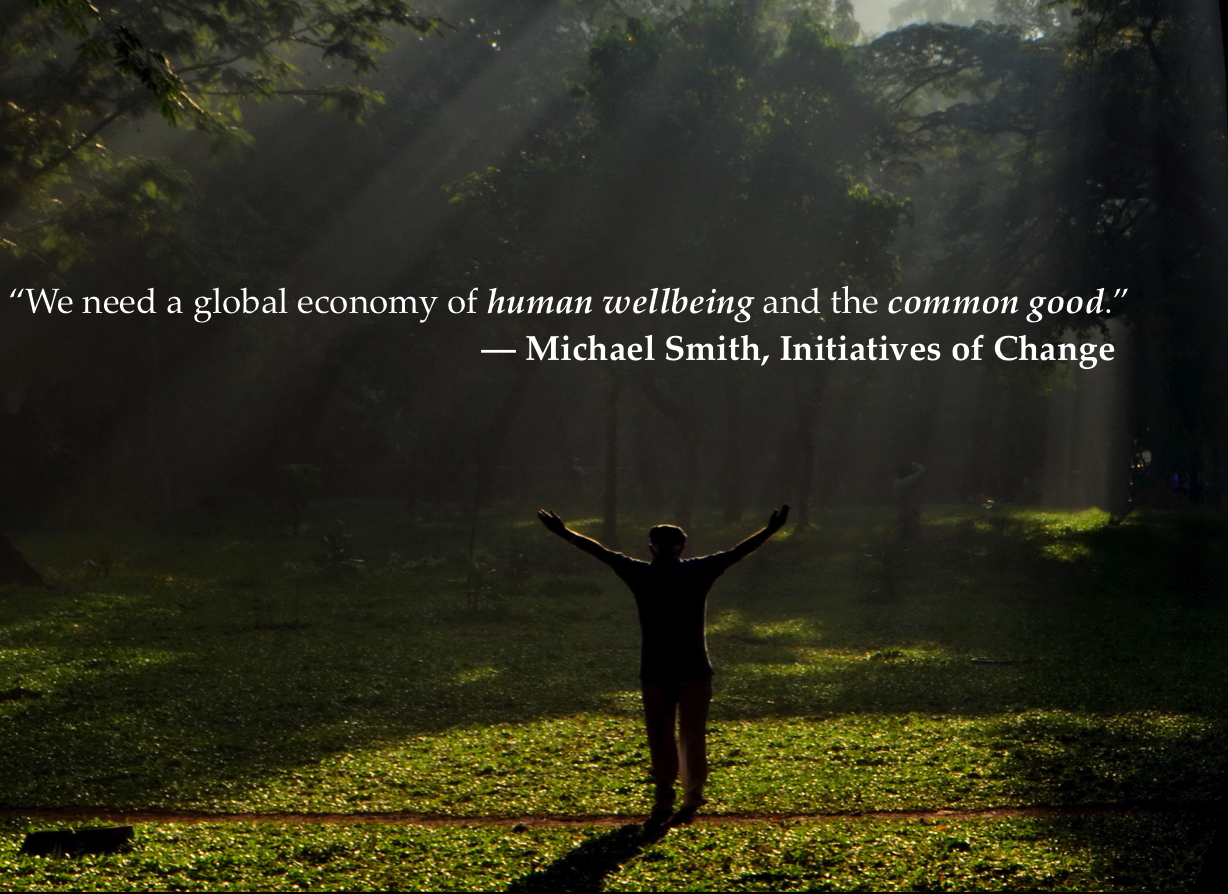Financing peace
EXPLAINER: capital, sustainable development and peace
As world population expands, and the demand for a better standard of living drives the world economy, it is becoming clearer to many that using up the world’s resources will actually put us at risk of ending up with a lower standard of living. It could even drive conflicts. Insecurity and lack of the capability to produce the basics are likely to fan the flames of conflict and undermine peace in the world. We urgently need a new mindset – one that focusses on bringing security of the basics to everyone whilst preserving and indeed increasing the capability of society to provide.
Part of this new mindset requires us to rethink capital. This article breaks down the importance of capital to society, and how the economy should manage capital if we are to transition to a sustainable and peaceful future. Continue reading
How extreme is our economy?
 This is a guest post by Invest in Peace Co-founder Rishabh Khanna.
This is a guest post by Invest in Peace Co-founder Rishabh Khanna.
A few weeks back, I went for a workshop on Islamic economy, not that I am muslim, but I am intrigued that certain faiths and traditions which are older than the neo liberal economy have a lot to offer for creating a sane and compassionate economy. One of the most critical aspects that he talks about in his presentation is that of scarcity, and that the very concept can make us act from two different human emotions. Continue reading
The relative cost of a plate of food: a wake-up call for economists?
 Research reveals that the poorest are paying more they earn in a day for a single meal. This stark inequality is driving the global hunger crisis and weakening the foundations of peace in the world.
Research reveals that the poorest are paying more they earn in a day for a single meal. This stark inequality is driving the global hunger crisis and weakening the foundations of peace in the world.
Reported in the Guardian, a World Food Programme study reveals that the same bean stew can cost the average consumer in New York just $1.20, while the price tag is more than $320 in South Sudan. These figures come from calculating relative purchasing power – food prices against average wage. Continue reading

